Music Of Woody Allen Films – an irregular feature about the musical compositions that have helped to make Allen’s films sing.
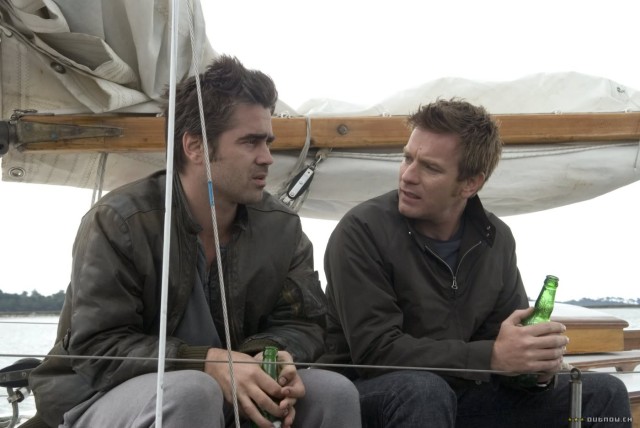
Woody Allen films are known for their jazz – it’s a hallmark of so many Woody Allen parodies. Since 1972, Allen has stuck to his large record collection of Jazz, and occasional classical scores, or new recordings of pre-existing music. There is one exception – 2007’s Cassandra’s Dream. After a 35 year break, Allen worked with a composer on a film. His choice was Philip Glass, an artist as individual and distinctive as Allen himself.
http://youtu.be/6Y-lZPAUyH8
Music seems to be always in his future. Glass was the son of a record store owner and studied music from an early age. He went to Juilliard, and was composing works in his teens. Glass studied music in Paris, rubbed shoulders with such avant-garde artists as Jean-Luc Godard, Francois Truffaut and Ravi Shankar. Much like Allen, he had success throughout the 60s, before really making his mark in the late 60s.
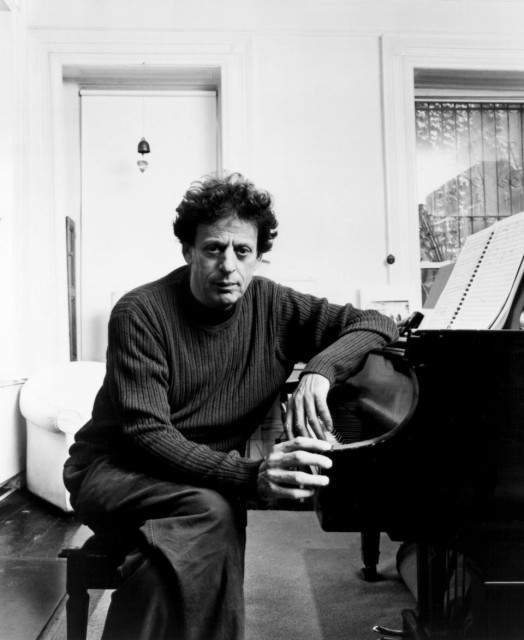
Much like Allen will always be remembered and judged by his early slapstick comedies, Glass will always be called a pioneer of Minimalist Music, despite moving far away from the form in his later years. Over the decades Glass created pieces in many styles, in many contexts – concert music, operas, ballets, and more – all to much acclaim.
Glass has a rich history with film and film soundtracks. He has been nominated for three Academy Awards, and developed long running relationships with several directors including Errol Morris and Godfrey Reggio. With Reggio, he created probably his most acclaimed film work – the Qatsi Trilogy.
http://youtu.be/t-t8w08QNJM
Less acclaimed and less remembered in his catalogue is his one and only collaboration with Woody Allen. Allen has spoken fondly of Glass, but has not revealed why he chose a composer of such stature for the film. Glass, I’m interviews, has said he didn’t know why he was chosen either, and in any case didn’t ask.
Having been decades since he worked with a composer, after the deal was completed, Allen actually asked Glass – ‘now what happens?’ Unlike Glass’s usual habit of deep collaborations with film makers at the start, Allen had completed the film before handing it to Glass. Allen didn’t even take Glass through what music he wanted, or where. He just asked Glass to put music where the music goes.
Glass went to work in his native New York. What Glass came back with was a thick, ominous score that fit with the heavy, ominous film. It is a far cry from a artist best known for minimalism. Cassandra’s Dream is a film that many have faults with, but it is by Allen’s darkest, most unrelenting film. And even Woody Allen thought the love themes sounded like music that could score a murder.
http://youtu.be/lEQtMnLKH_Q
The film opens and closes with the thick and thunderous Cassandra’s Dream (theme), that plays over the opening credits. And then the final moments of the film, we hear an extended version, as we watch the the Blaine brothers – Colin Farrell and Ewan McGregor – face their final fate. The intensity of the film and music hits all at once, as everything falls apart.
Cassandra’s Dream is not one of Allen’s best, and this collaboration will probably always been seen as a curiosity. It was a time when two great, New York artists moved out of their comfort zones. It may not be either men’s best work, but it’s a fascinating collaboration. The pair continue to talk fondly of eachother when asked in interviews.
The collaboration also lives on in documentary form. During the making of the score, Glass was being filmed for Glass: A Portrait Of Philip In Twelve Parts. Allen appears and talks about working with Glass.
http://youtu.be/lGaG5VJqgZg
Since this film, Allen has gone back to using most pre-recorded, and always pre-composed music for his films. Although he will be due to work with a composer again in 2042.
Find more in our series on Music Of Woody Allen Films.

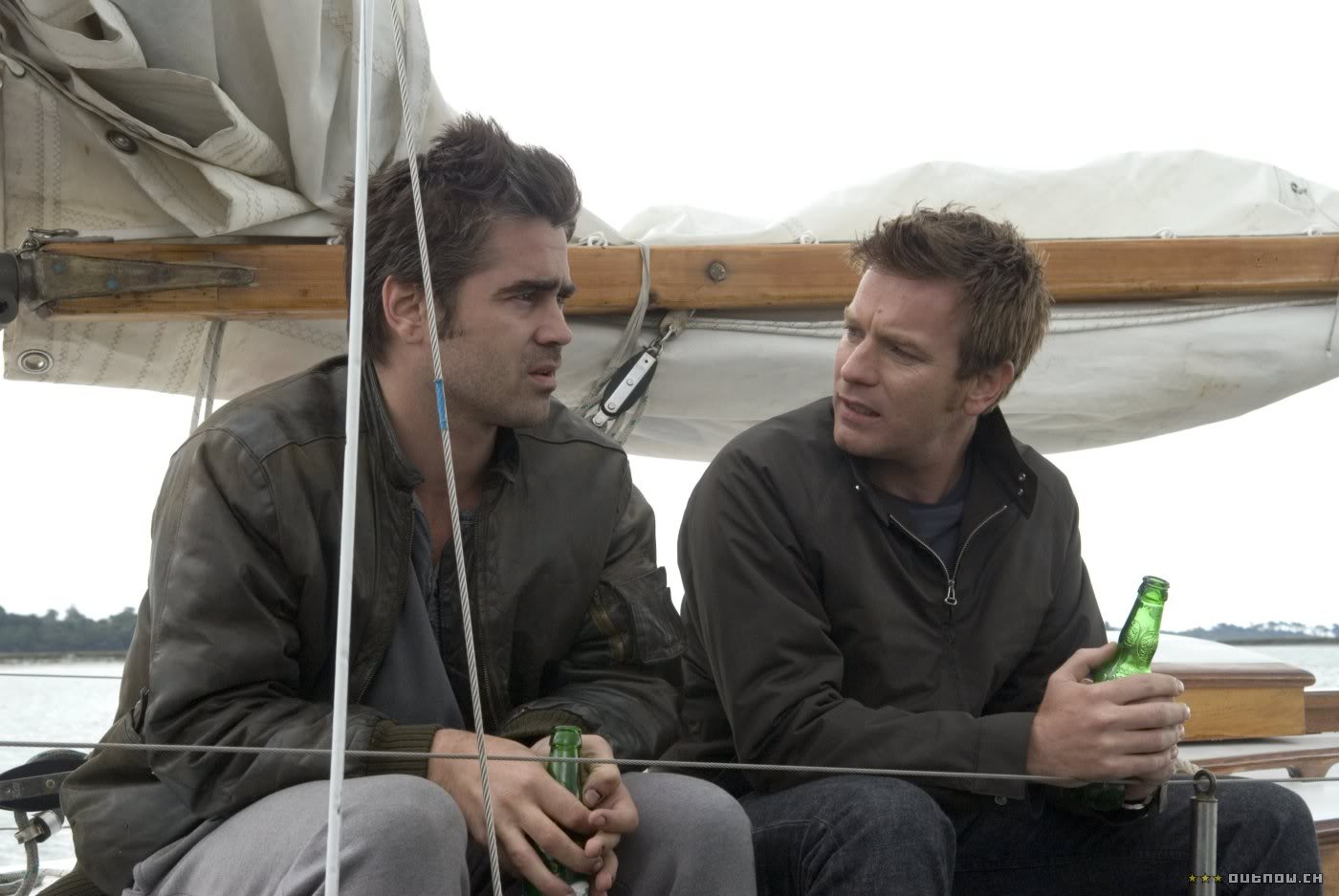
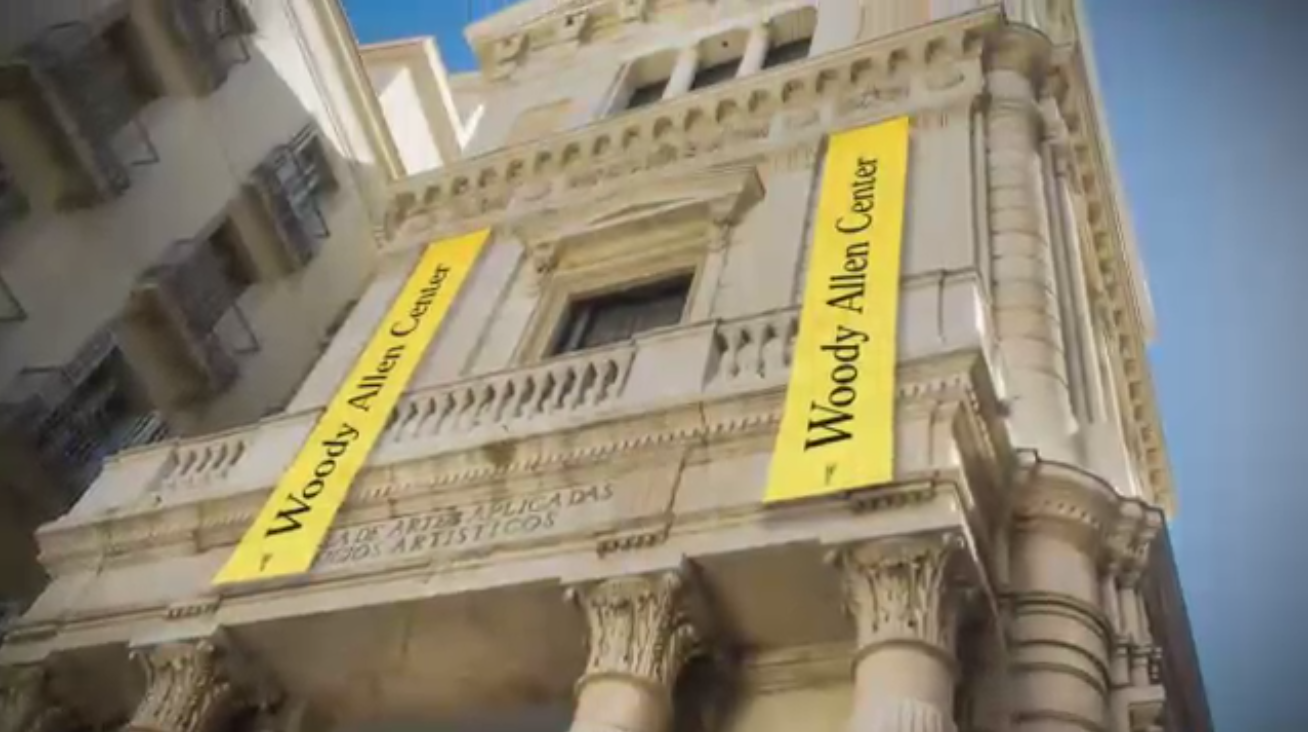
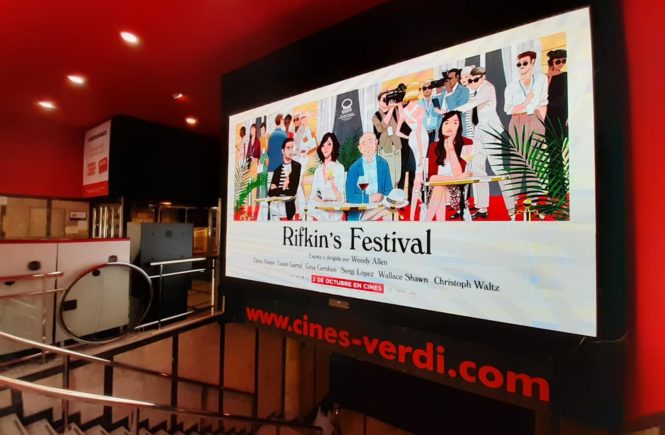
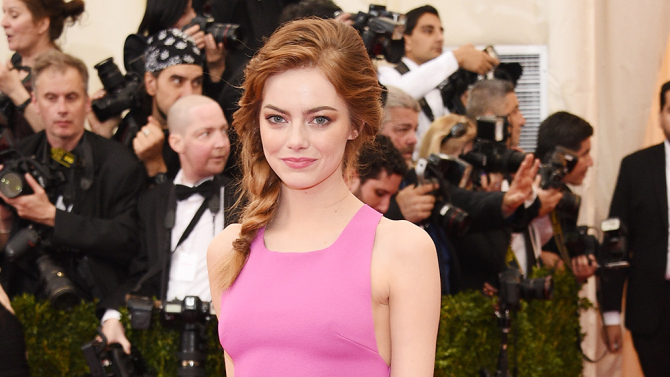

1 Comment